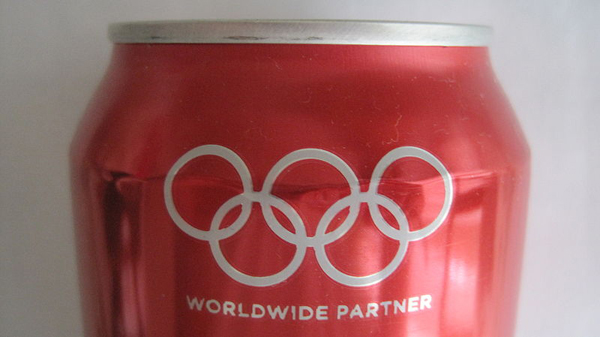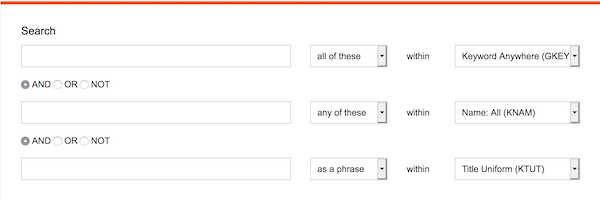
So I like the Olympics. Not like I wait for it all year, but I enjoy the spectacle, fresh-faced athletes, international competition, and an excuse to watch TV with friends. I also enjoy, from a nerd perspective, trivia in the making such as this being the first year that all attending countries have had female athletes on their teams or wondering what Muslim athletes are doing during Ramadan. I’m also fascinated by what I can and can’t see Olympicswise, versus my friends in other countries. Anyone who wants to watch stuff the normal way will have no problem though I do suggest the Easy Read version of the London 2012 site because it’s more straightforward and has less cruft.
So if you’ve been following along, you know that there was a big social media aspect to the opening ceremonies, which had some live tweeting which was already ancient in internet-time by the time the show was broadcast in the US. There was also some controversy concerning some parts of the opening ceremony that were edited out of the US broadcast. I have been sitting at home healing from a sprained ankle so I have been a little more immersed in the meta-story than I might be otherwise.
Anyhow, in my sometimes-role as the internet’s librarian, the question I’ve been seeing a lot is “How do I watch an Olympic thing when I can’t because of $_REASONS?” Now that reason may be because you’re in the US and so you can’t stream the BBC, or because you’re in an African country and don’t have cable, or in the US and allergic to Bob Costas.
It’s not super clear how to do some of these things, and less clear how much end-running these things is problematically extralegal. I will not be addressing the second part, you can consult your own moral compass for that. In any case, I’ve made a little guide which I’ll be updating which help answer some of these questions. The BBC even made two versions of their Opening Ceremonies coverage available, one with the BBC commentary and one without. For people who only saw the goofy NBC version of the ceremony, this English guide to the ceremony (pdf) may be helpful as well as this songlist. Note: I’m linking to MetaFilter, my employer, both because I feel like this sort of international social discussion can be helpful during times like this and because I feel that the information has been the most helpful to me personally. I have no other affiliations with the things I linked to. If there are other things you’ve found, please drop them in the comments.
Also notably: I haven’t said anything about bit torrent because I have not-that-fast broadband and I don’t use it much, but most recorded Olympic events are available for download from the usual places.
Jessamyn’s Guide on How to Watch the Olympics
A few relevant Ask MetaFilter threads
http://ask.metafilter.com/220992/This-is-the-Internet-age-is-it-not
http://ask.metafilter.com/220934/How-to-watch-2012-Olympics-online-in-Africa
http://ask.metafilter.com/204681/How-to-watch-the-2012-Olympics-after-cutting-the-cable
http://ask.metafilter.com/221049/How-can-I-watch-whole-Olympic-basketball-games-online?
http://ask.metafilter.com/219388/Help-me-watch-the-Olympics-on-my-computer
Summarized:
– Get someone with a UK VPN to let you borrow it and watch BBC coverage via YouTube(what is a VPN? nerdy VPN details)
– Pay money for a good UK VPN [suggested: what’s on the box, unblock-us.com, VyperVPN]
– BBC Player or Expat Shield if you have a PC , TunnelBear if you have a Mac
– I was watching Olympics on BBC1 earlier via this link
– YouTube’s Olympic coverage is free for Asia/Africa, best place to start if you have the UK VPN working
– In the US, use a friend’s cable account login and watch NBC online
– this Deadspin thread seems to have ongoing new links in the comments, notably [www.vipbox.tv] which seems to work
Other “cord cutter” guides (what is a cord cutter?): GigaOm, reddit, iamnotaprogrammer pictorial (discussion on hackernews)
And if you’ve just had it already? This browser plugin might be for you.
Can’t keep up? Consider this IFTTT recipe (What is IFTTT?)
Just the facts? The cross-linked medal table at Wikipedia should help. Someone is doing a bang-up job writing stubs for many of the atheletes.

